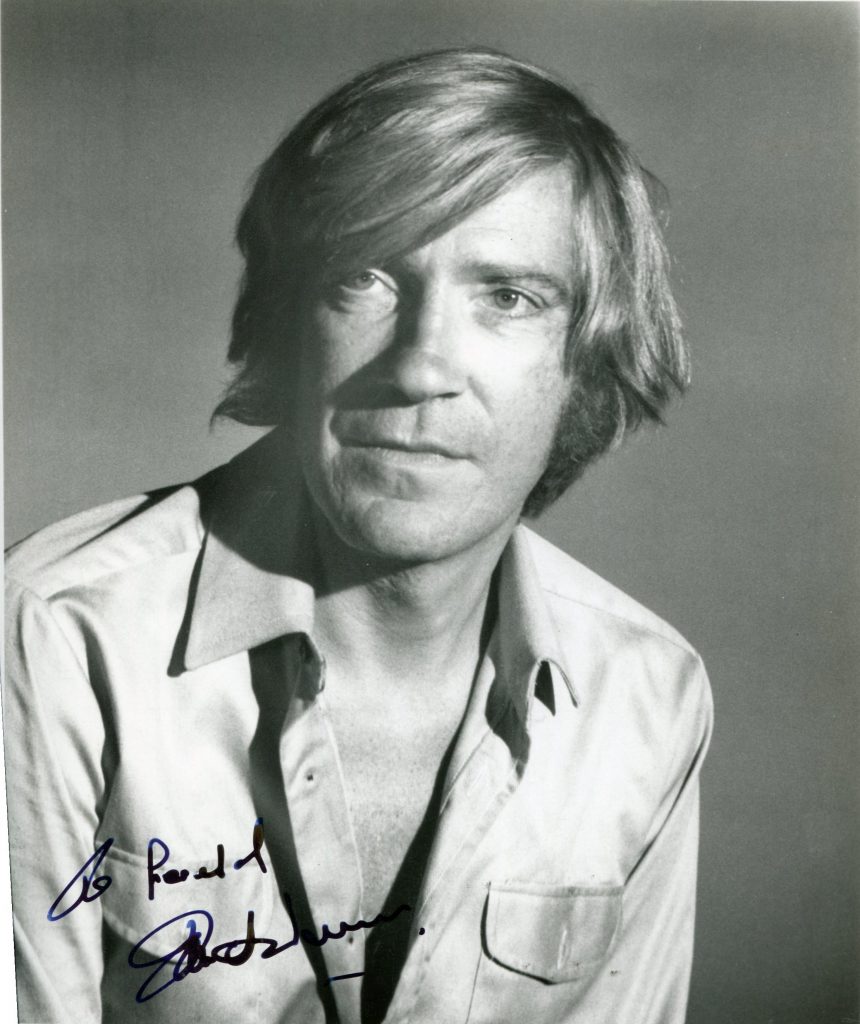

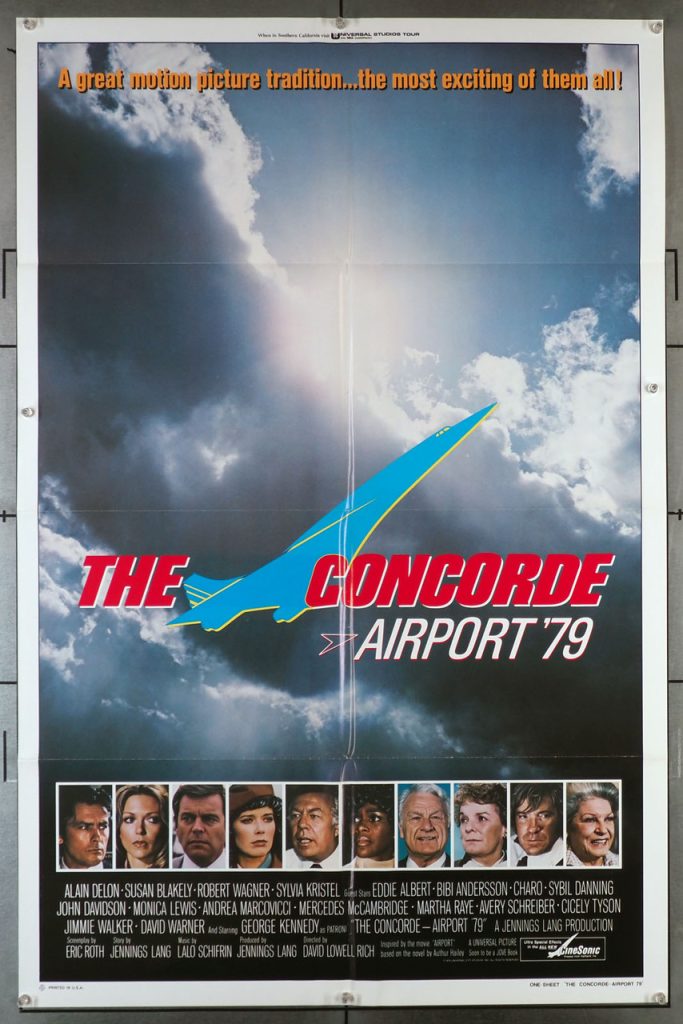
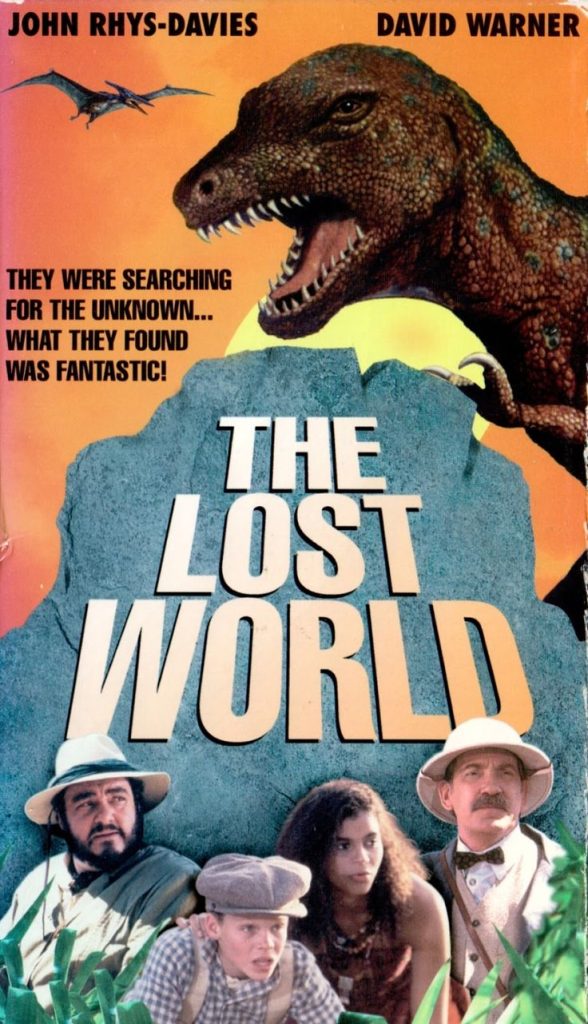
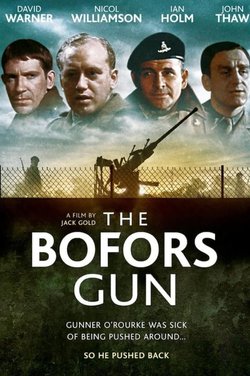
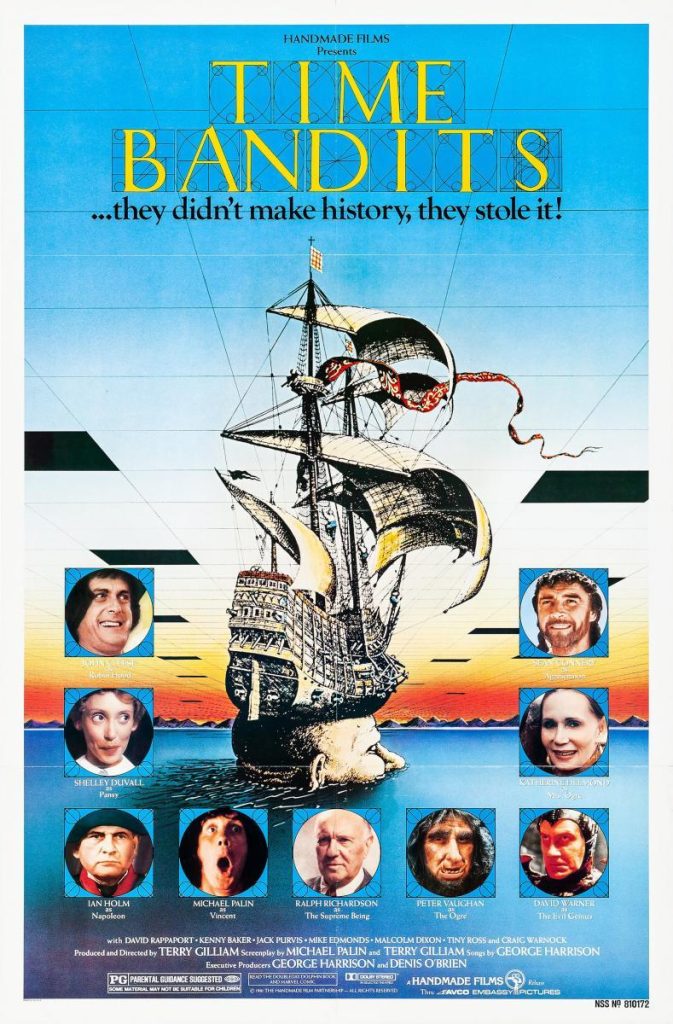
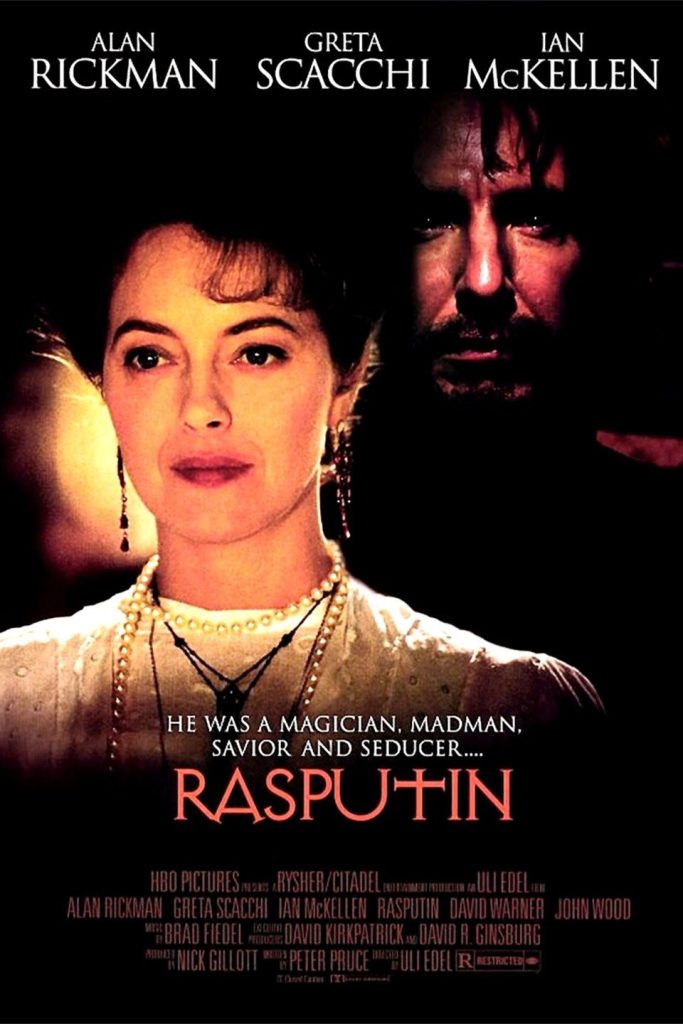
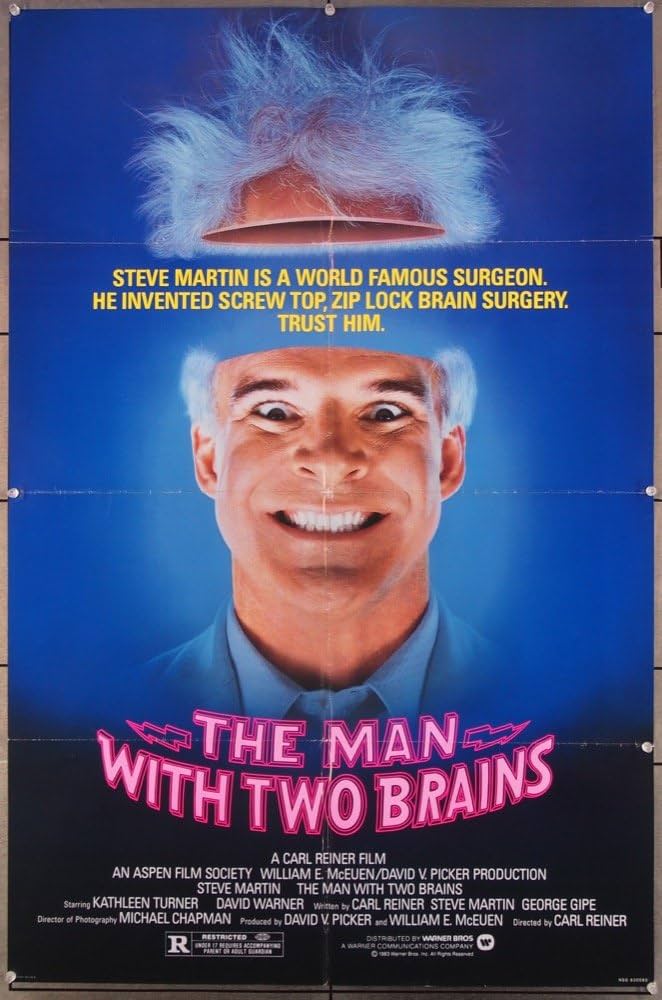
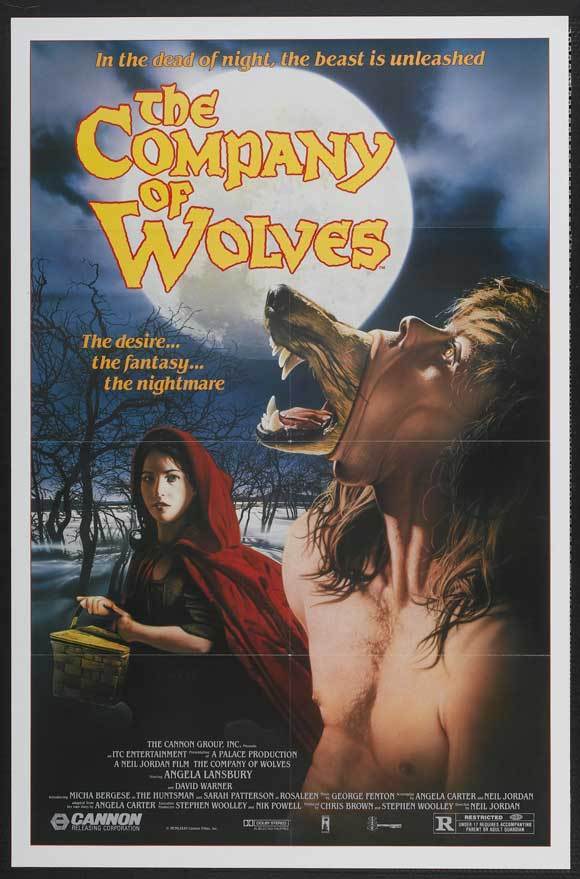

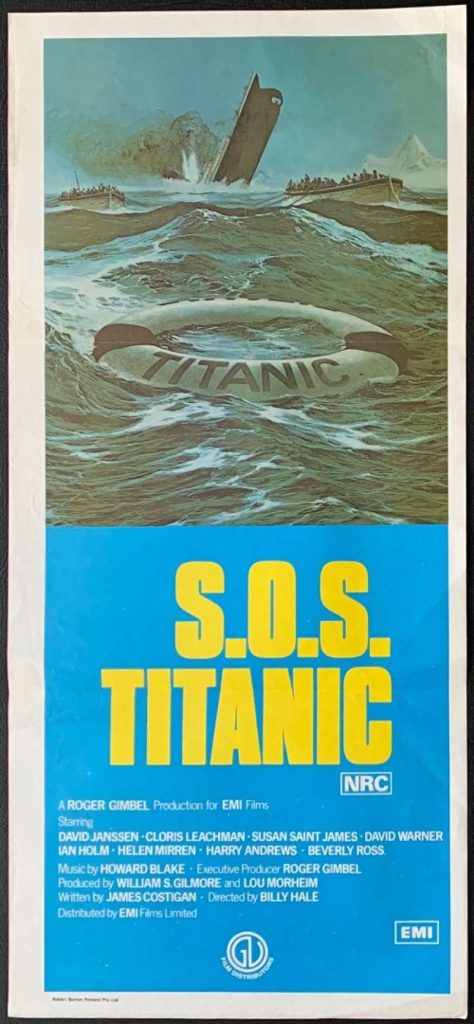
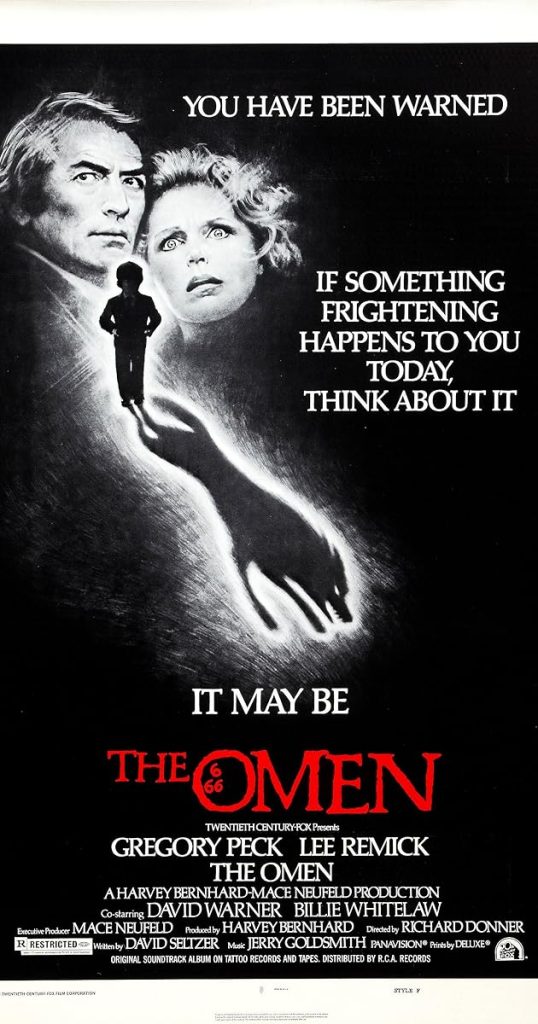
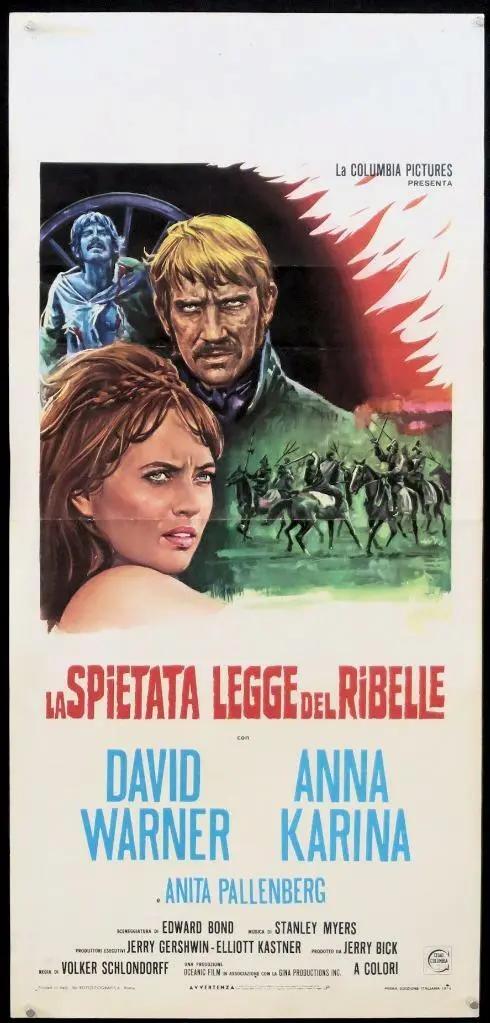
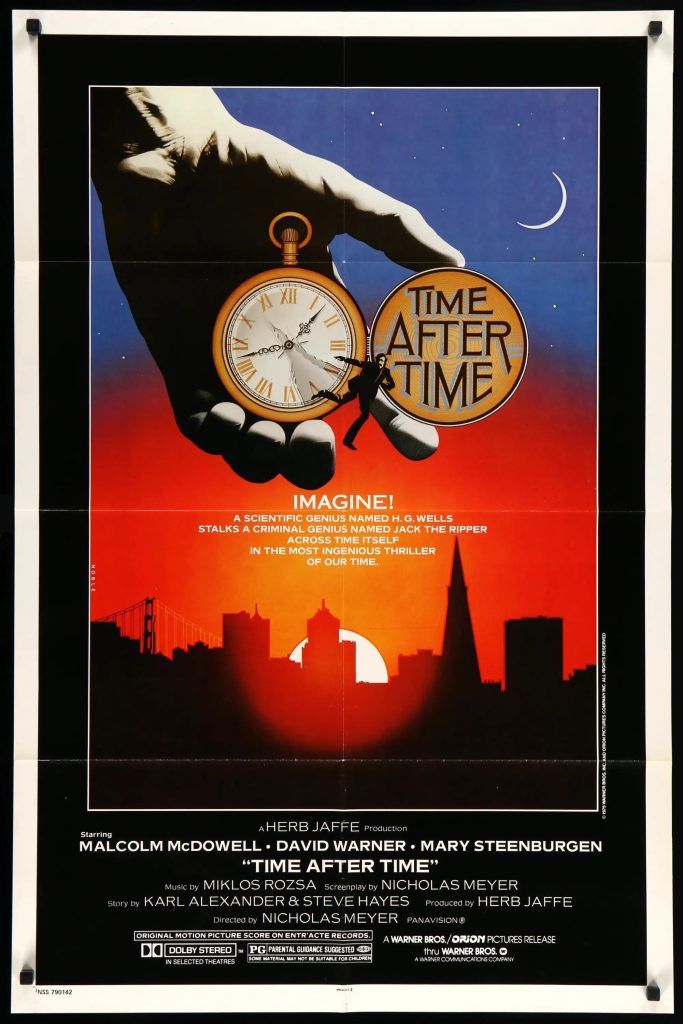
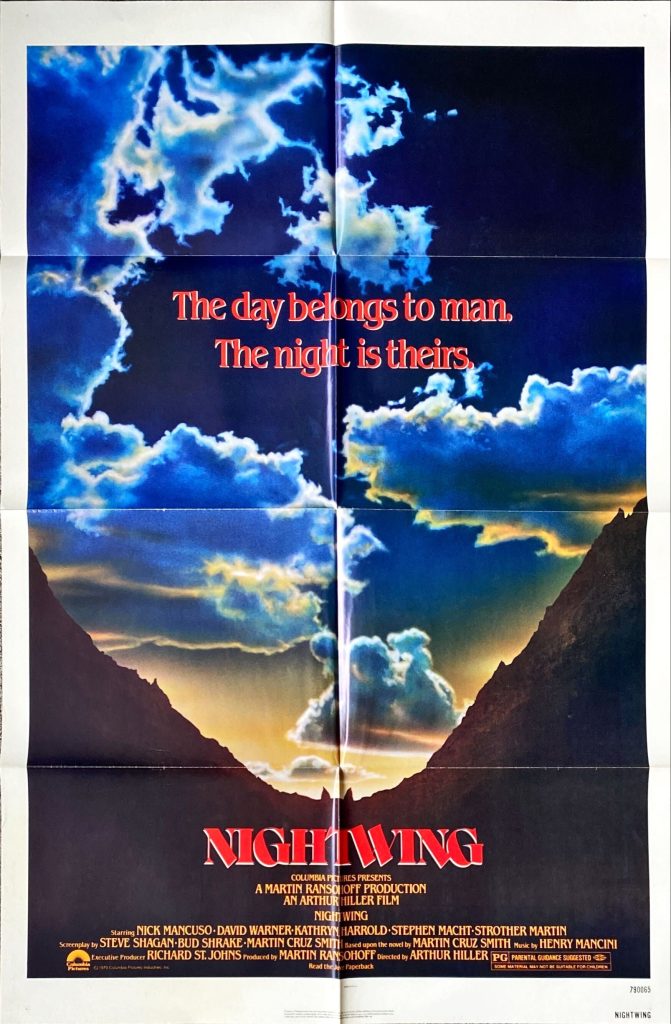
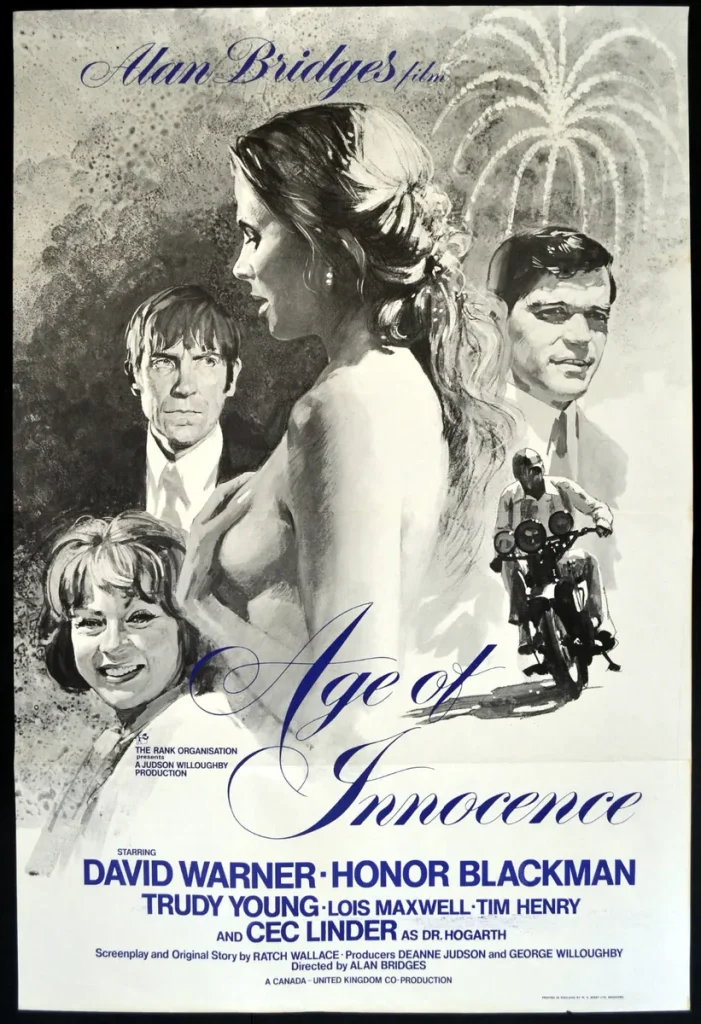
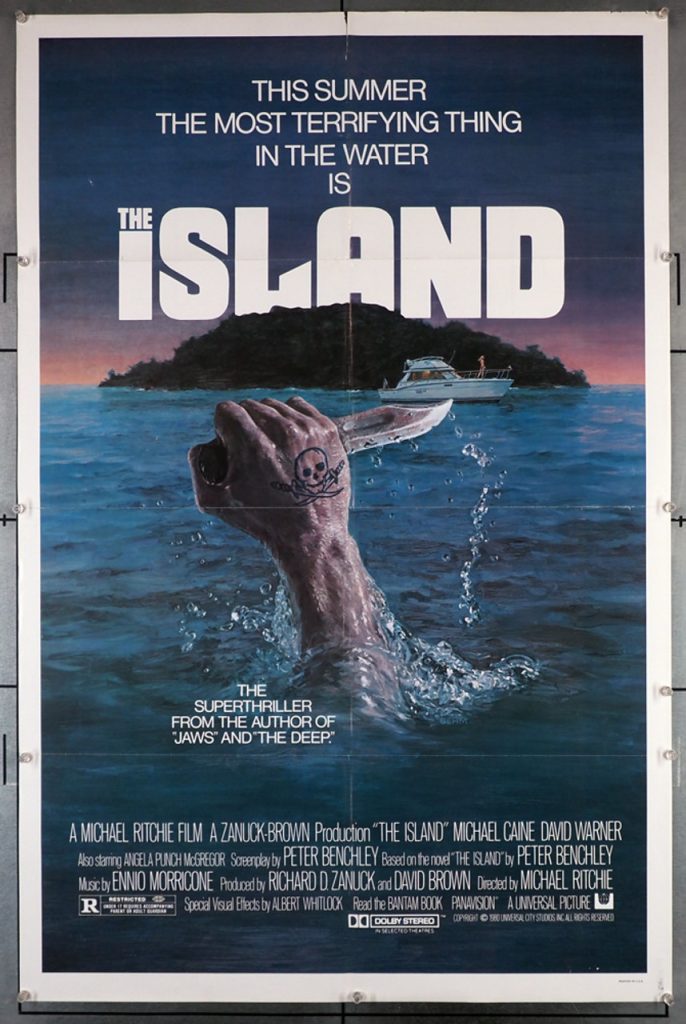
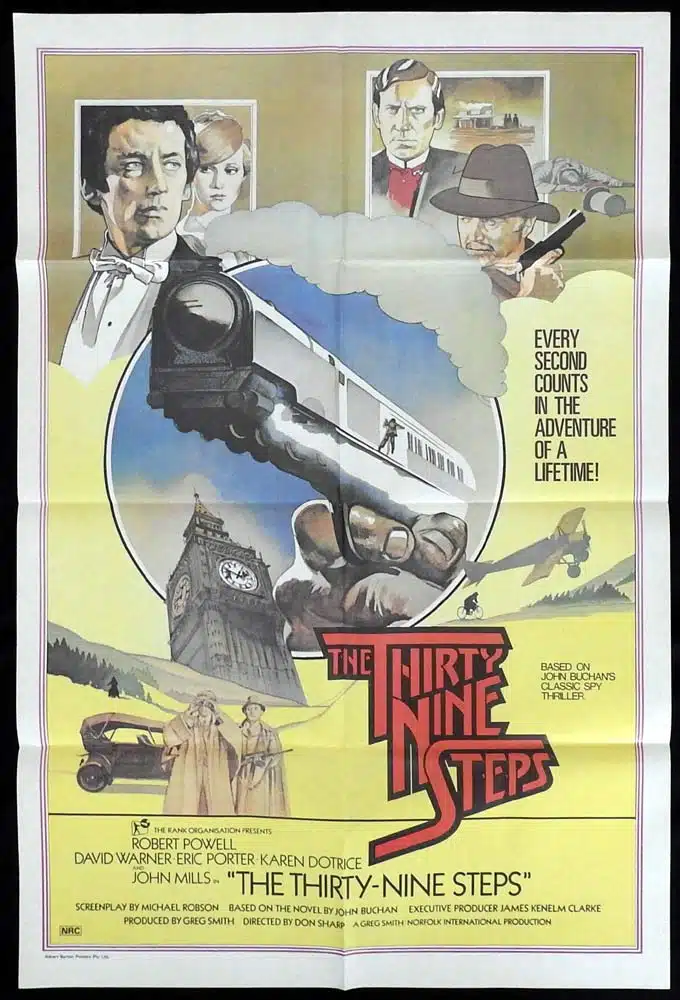
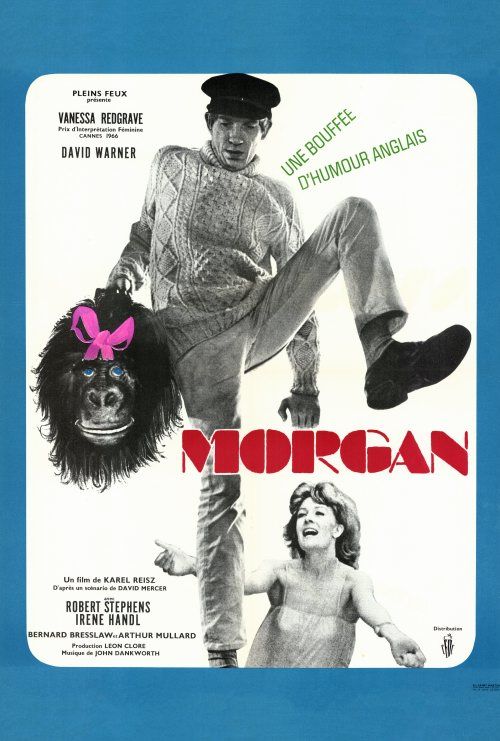
Guardian obituary in 2022:
David Warner obituary
Stage and screen actor hailed for his 1965 Hamlet at the RSC who went on to have a distinguished film and TV career
It would be misleading to suggest that the actor David Warner, who has died aged 80, struggled to recapture the success he found early on in his career. While it is true that he never again caused the sort of shockwaves generated by his radical interpretation of Hamlet at the RSC in 1965, or on screen as the troubled antihero of Karel Reisz’s comedy Morgan: A Suitable Case for Treatment (1966), Warner gave no impression of struggling after anything much at all.
Fame and acclaim interested him not; it was said that he read all his reviews for Hamlet but kept only the bad ones. He was motivated, he said, by “a driving lack of ambition” and claimed: “I don’t think I’m on anyone’s wavelength, even my own.” Reluctant to take his profession too seriously, his advice to younger actors was simple: “Don’t run with scissors.”
But for that briefest time in the mid-1960s, he became the embodiment of youthful discontentment. In Peter Hall’s groundbreaking Hamlet, he was a very modern student prince in long red scarf, spectacles and Aran sweater. “David’s gentleness and passivity chimed absolutely with flower power and all that,” noted Hall. “He was wonderful.”
Warner acknowledged the unpredictable quality of his own performance: “I’m a bit erratic. Sometimes I can hear the others thinking, ‘What’s he up to tonight?’” In 2001, the Telegraph decided that he had been “the finest Hamlet of his generation”, though the actor was characteristically slow to accept such praise. “It’s not for me to say … I just don’t know – I didn’t see it. The only thing I can say is that the kids did go to see it. It brought a whole new generation to Stratford.” He later referred to it as “my Citizen Dane”.
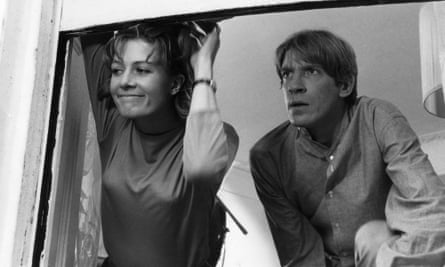
His distracted handsomeness, golden locks and formidable jaw could have made him a viable romantic lead were it not for the languid oddness that set him apart, sharpening gradually into menace as he became a popular screen villain. He played Jack the Ripper in Time After Time (1979), Evil in Terry Gilliam’s Time Bandits (1981) and a computerised tyrant in Disney’s Tron (1982), for which he had only one stipulation for the studio: “There’s to be no doll of my character on the market. I don’t want my child having a plastic baddie as a daddy.” A younger generation got the chance to boo him as a dastardly valet in the smash-hit Titanic (1997).
He was born in Manchester to Ada Hattersley and Herbert Warner, who owned a nursing home. His parents separated during his childhood. “There was no theatrical tradition but plenty of histrionics,” he remarked of them. His upbringing became increasingly peripatetic. He attended eight different boarding schools and floundered academically. “My parents kept stealing me from each other, so I moved across England a lot.”
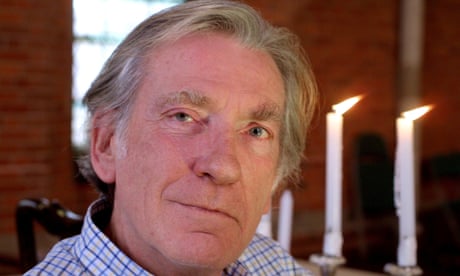
He became interested in acting when he appeared in plays at school (“I was the tallest Lady Macbeth”) and eventually got a place at Rada, where one of his classmates was John Hurt, with whom he would later appear in the film version of David Halliwell’s play Little Malcolm and His Struggle Against the Eunuchs (1974). His first notable screen role was in Tony Richardson’s period romp Tom Jones (1963). He appeared as Snout in Richardson’s 1962 production of A Midsummer Night’s Dream and was earmarked for the RSC by Hall, who saw him in Afore Night Come at the Arts Theatre.
He was Henry VI in the RSC’s celebrated War of the Roses trilogy, which was adapted by John Barton from the three Henry plays and Richard III, and directed by Barton and Hall. A dynamic BBC film of the plays, ambitiously shot with 12 cameras, reached a wide audience during its two broadcasts in 1965 and 1966. Warner was then surprised by Hall’s invitation to play Hamlet. “I’m really a character actor, an old man actor,” he said, though he was only 24 at the time.
He next landed the title role in Morgan: A Suitable Case for Treatment as a daydreamer descending into apparent insanity. “You can’t count on me being civilised,” he tells his wife (Vanessa Redgrave). “I’ve lost the thread.” Later he dons an ape suit, imagines commuters as wild animals and ends the film in a mental institution where he is last seen tending a flower-bed in the shape of a hammer and sickle. The picture was every bit as trenchant a commentary on class, conformity and rebellion as better-known examples such as If… and Billy Liar. It also remains the screen work that best captures Warner’s particular mix of the kooky and the volatile.
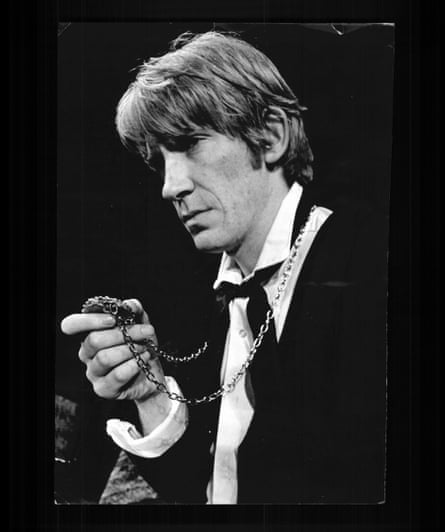
After playing Konstantin in Sidney Lumet’s film of The Seagull (1968), he starred in The Ballad of Cable Hogue (1970), the first of three movies for Sam Peckinpah. That year, Warner broke both his feet after falling from a balcony in Rome. The mysterious circumstances of the accident gave rise to rumours of drug use. Not until he was much older did medical tests reveal a chemical imbalance which left him prone to vertigo and panic attacks. Peckinpah brought him out of hospital to play a man with educational difficulties in the violent thriller Straw Dogs (1971). “He knew I wanted to get back in front of a camera,” said Warner, who limped noticeably on screen.
He worked with Peckinpah once more, on the second world war drama Cross of Iron (1977). By that time, Warner had retreated from the theatre after suffering stage fright in 1972 during productions of I, Claudius and David Hare’s The Great Exhibition; he would not return for another 30 years. He starred in Joseph Losey’s film version of A Doll’s House (1973) and the shlock horror hit The Omen (1976), in which he was memorably decapitated by a sheet of glass.
In 1975, he divorced his first wife, Harriet Lindgren, whom he had married seven years earlier; the two remained friends, Warner even stepping in when her new husband’s best man dropped out at the 11th hour. The actor was part of an ensemble that included John Gielgud, Dirk Bogarde and Ellen Burstyn in the enigmatic but lightweight Providence (1977), directed by Alain Resnais, and played Heydrich in the mini-series Holocaust, starring Meryl Streep. Less illustrious work including a remake of The Thirty-Nine Steps (also 1978), the bat-based horror Nightwing (1979) and the pirate thriller The Island (1980).
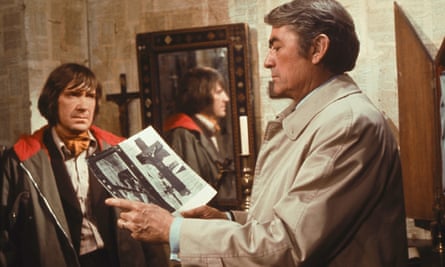
He starred alongside Streep again in The French Lieutenant’s Woman (1981) and got a welcome chance to show off his comic timing in the loopy Steve Martin comedy The Man with Two Brains (1983). He was Red Riding Hood’s father in Neil Jordan’s imaginative Angela Carter adaptation The Company of Wolves and landed two memorable television roles on ITV: as a dishevelled private eye in the mini-series Charlie and as the Creature in Frankenstein (all 1984).
Again he was Heydrich in the television movie Hitler’s SS: Portrait in Evil (1985). He starred in the second series of David Lynch’s cult crime series Twin Peaks (1991) and as different characters in two Star Trek films, Star Trek V: The Final Frontier (1989) and Star Trek VI: The Undiscovered Country (1991). In the latter he delivered the immortal line: “You’ve not experienced Shakespeare until you have read him in the original Klingon.”
He was sanguine about the parts that came his way, insisting that “one cannot live on Vanyas alone” and calling himself a “letterbox actor” – “If the script comes through the letterbox, I’ll do it.”
Accepting a part in Teenage Mutant Ninja Turtles II: The Secret of the Ooze (1992), he said: “Now, at last, I can look [my child’s] friends in the face. When they ask me ‘What do you do?’, I don’t have to say, ‘I’ve done a bit of Shakespeare, a bit of Chekhov.’ I can say I was in Teenage Mutant Ninja Turtles II.”
Roles continued to be plentiful. He had a hoot in the clever horror-comedy Scream 2 (1997) but divided most of his time between voice work for animated series and computer games and guest roles on US television and in straight-to-video genre knock-offs. He donned prosthetics for Tim Burton’s mediocre reboot of Planet of the Apes (2001), joined in with the silliness of The League of Gentlemen’s Apocalypse (2005) and had recurring roles as a retired police officer with Alzheimer’s in the powerful BBC series Conviction (2004) and as the father of the popular Swedish detective played by Kenneth Branagh in Wallander (2008-15). He also made his stage comeback in New York in Major Barbara, in 2001, and in London in The Feast of Snails the following year, as well as playing King Lear in Chichester in 2005.
He is survived by his partner, the actor Lisa Bowerman, and by Luke, the child of his second marriage, to Sheilah Kent, which ended in divorce
Gangly British stage-trained actor David Warner entered film in the early 1960s and came to attention in the title role of Karel Reisz’s eccentric drama, “Morgan!” (1966), playing an unbalanced artist driven to the edge by his divorce. He has worked for such distinguished directors as John Frankenheimer, Sidney Lumet, Richard Donner, Joseph Losey, Alain Resnais and–on three occasions–Sam Peckinpah (“The Ballad of Cable Hogue” 1970; “Straw Dogs” 1971; and “Cross of Iron” 1977). While highly capable of sympathetic and even poignant roles, Warner has delivered many notable performances as villains, including Jack the Ripper to Malcolm McDowell’s H.G. Wells in “Time After Time” (1979), the Evil Genius in Terry Gilliam’s “Time Bandits” (1983) and the sinister doctor in “Mr. North” (1988). – TCM Overview

